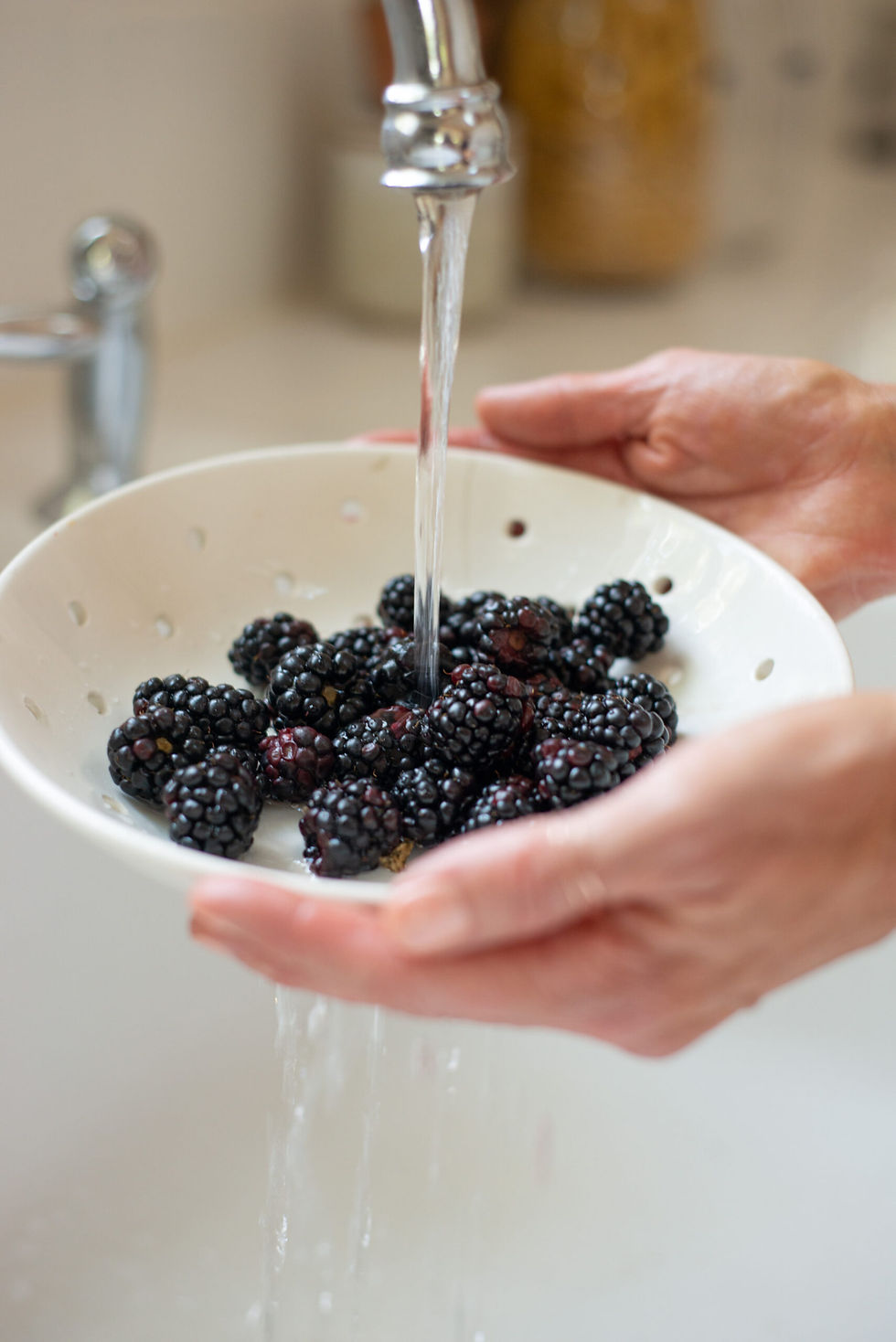
My mother was sitting at her vanity, carefully applying lotion to her face. It smelled heavenly. I distinctly remember her saying: “It’s moisturizer. Start using it when you are young, and it will keep you looking your best”.
Lessons from the heart.
Later, taking her advice and seeking that heavenly smelling moisturizer, I noticed the word “antioxidant” everywhere. Appearing on beauty products, television commercials, anti-aging products, supplements, and at every turn in the grocery store, it made me realize that antioxidants must be powerful.
Here are 5 antioxidant facts to explore:
Antioxidants are substances.
Some antioxidants are man-made, and some are naturally occurring in your body.
The total number of substances that can act as an antioxidant is unknown.
Each antioxidant has a role and can interact with others to help your body work optimally.
2. Antioxidants fight free radicals.
Free radicals are unstable oxygen molecules that seek out and pair up with healthy cells to make themselves whole again. This pairing process can weaken and damage the healthy cells and their DNA. Oxidation can upset the cells, leading to health problems in your body.
Too many free radicals in your body can cause oxidative stress and contribute to an increased risk of developing chronic diseases.
Foods that are low in nutrients contain lots of free radicals.
Free radicals get produced in your body during natural processes like digestion and breathing.
Free radicals can also come from our environment. Tobacco smoke, UV rays, and additives are some examples.
Antioxidants can help prevent damage from too many free radicals.
Antioxidants move around your body to help stabilize the cells to stay in their healthy and happy state.
3. Antioxidants can be found in almost all foods
Most foods contain some level of antioxidants; the amount varies significantly.
It is essential to include a wide variety of foods in your daily diet.
You can find antioxidants in both animal-based foods and plant-based foods.
Antioxidants are remarkably higher in plant-based foods like fruits, vegetables, whole grains, beans, and nuts.
Even coffee and tea will contribute to a sufficient daily intake.
4. Like a heavenly smelling moisturizer, eat a diet rich in antioxidants and start when you’re young:
Vitamin A: Green leafy vegetables, yellow and orange vegetables, mango, fish oils, liver, milk, and eggs.
Vitamin C: Broccoli, brussels sprouts, sweet potatoes, bell peppers, tomatoes, and citrus fruits.
Vitamin E: Nuts, seeds, oils, spinach, avocado, asparagus, mango, fish, and kiwi.
Selenium: Milk, yoghurt, cottage cheese, poultry, fish, Brazil nuts, beans, and banana.
Beta-Carotene: Carrots, spinach, lettuce, squash, sweet potatoes, peas, apricots, herbs, and spices.
5. Antioxidants in supplement form:
Obtaining your antioxidants via a diet rich in whole foods is optimal!
Read that again.
While the intake of antioxidants is essential for optimal health, take care not to overdo it.
Be aware that excessive intake of antioxidant supplements can have toxic effects.
Some studies show that taking antioxidant supplements in large doses may decrease exercise performance.
Eating plenty of antioxidant-rich whole foods like fruits, vegetables, whole grains, and nuts is always preferable. This approach has been proven to reduce oxidative damage to a greater extent than supplement form.
Always seek the advice and guidance of a physician when adding any supplements to your diet.
My lesson from the heart: even more powerful than a heavenly smelling moisturizer, a diet rich in antioxidants will fuel your health, wellness, and disease fighting ability.
References:
https://pubmed.ncbi.nlm.nih.gov/15159237/ The 6-a-day study: effects of fruit and vegetables on markers of oxidative stress and antioxidative defense in healthy nonsmokers. Lars O Dragsted, Anette Pedersen, Albin Hermetter, Samar Basu, Max Hansen, Gitte R Haren, Morten Kall, Vibeke Breinholt, Jacqueline J M Castenmiller, Jan Stagsted, Jette Jakobsen, Leif Skibsted, Salka E Rasmussen, Steffen Loft, Brittmarie Sandström
https://www.ncbi.nlm.nih.gov/pmc/articles/PMC4944358/ Free radicals hasten head and neck cancer risk: A study of total oxidant, total antioxidant, DNA damage, and histological grade. AK Singh, P Pandey, M Tewari, HP Pandey, IS Gambhir, and HS Shukla
https://pubmed.ncbi.nlm.nih.gov/22059961/ Antioxidants in food: mere myth or magic medicine? R G Berger , S Lunkenbein, A Ströhle, A Hahn
https://pubmed.ncbi.nlm.nih.gov/19591289/ [Antioxidants as anti-ageing medicine] Yuji Naito, Toshikazu Yoshikawa 1. https://pubmed.ncbi.nlm.nih.gov/12142953/ Effects of antioxidants on immune system ageing. M De la Fuente
https://www.ncbi.nlm.nih.gov/pmc/articles/PMC2841576/ The total antioxidant content of more than 3100 foods, beverages, spices, herbs and supplements used worldwide. Monica H Carlsen, Bente L Halvorsen, Kari Holte, Siv K Bøhn, Steinar Dragland, Laura Sampson, Carol Willey, Haruki Senoo, Yuko Umezono, Chiho Sanada, Ingrid Barikmo, Nega Berhe, Walter C Willett, Katherine M Phillips, David R Jacobs, Jr, and Rune Blomhoff
https://www.ncbi.nlm.nih.gov/pmc/articles/PMC3093095/ Are antioxidants helpful for disease prevention? Hajhashemi, G. Vaseghi, M. Pourfarzam, and A. Abdollahi
https://pubmed.ncbi.nlm.nih.gov/12811959/ Antioxidants and healthy aging. Erez Hasnis , Abraham Z Reznick
https://www.ncbi.nlm.nih.gov/pmc/articles/PMC6722928/ Antioxidants and Atherosclerosis: Mechanistic Aspects. Khojasteh Malekmohammad, Robert D. E. Sewell, and Mahmoud Rafieian-Kopaei

Comments